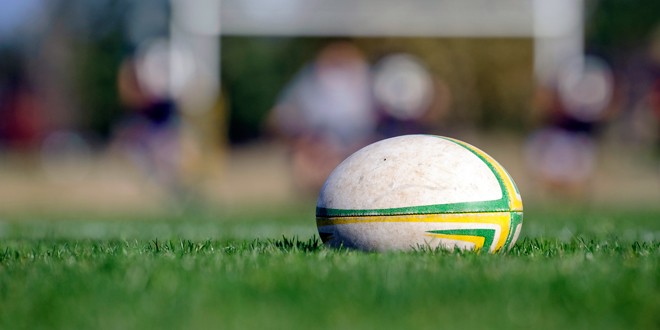 IT was Paco Godinez’s first day of school in El Salvador when hijackers stormed the family van and pointed a gun to his father’s head.
“This was during the civil war. They said they needed the van and only after my father offered them a lot of money did they let us go,” he says, still with a slight tremble in his voice.
“Before we a
IT was Paco Godinez’s first day of school in El Salvador when hijackers stormed the family van and pointed a gun to his father’s head.
“This was during the civil war. They said they needed the van and only after my father offered them a lot of money did they let us go,” he says, still with a slight tremble in his voice.
“Before we a El Salvador to make Rugby League debut
 IT was Paco Godinez’s first day of school in El Salvador when hijackers stormed the family van and pointed a gun to his father’s head.
“This was during the civil war. They said they needed the van and only after my father offered them a lot of money did they let us go,” he says, still with a slight tremble in his voice.
“Before we a
IT was Paco Godinez’s first day of school in El Salvador when hijackers stormed the family van and pointed a gun to his father’s head.
“This was during the civil war. They said they needed the van and only after my father offered them a lot of money did they let us go,” he says, still with a slight tremble in his voice.
“Before we a 